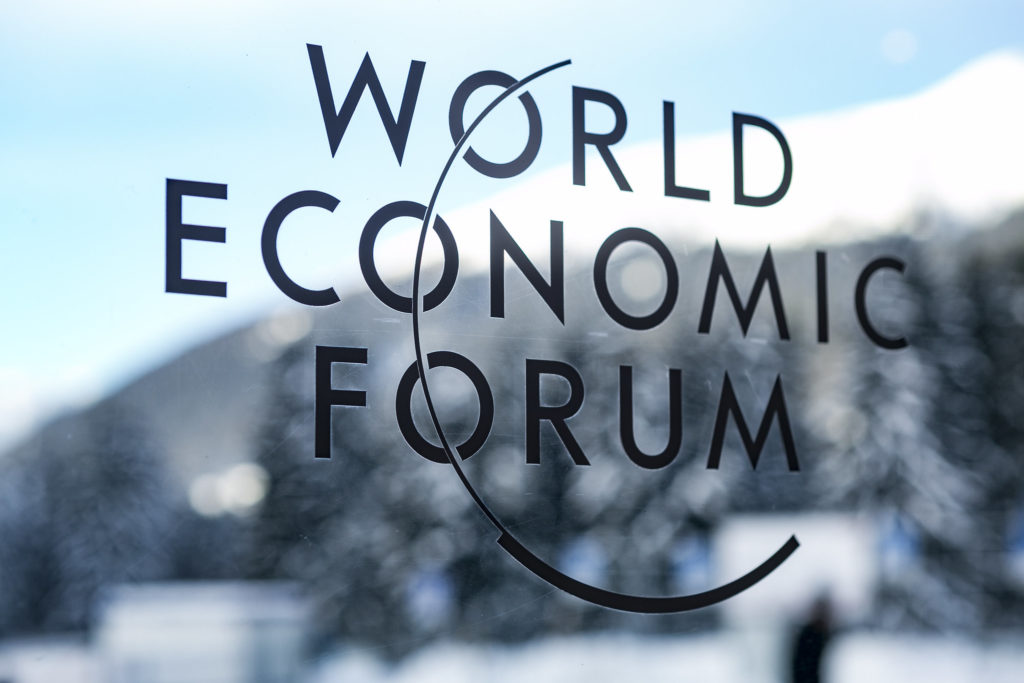on the crypto

The WEF report
In response to the economic stress caused by COVID-19, the Swiss NGO known for its sumptuous Davos Summit published "Redesigning Trust: Blockchain Deployment Toolkit", a guide to building stronger supply chains on distributed ledgers.
The toolkit is more of a guide to effectively implement DLT within your scenario than a tool for deciding whether the blockchain fits your business or not. "The blockchain case is gaining momentum as the COVID-19 pandemic underlines the need for more resilient global supply chains, reliable data and an economic recovery made possible by the digitization of trade," the authors of the report wrote.
Blockchain and coronavirus
Toolkit development preceded the COVID-19 crisis by more than a year, but its release has been accelerated in light of the virus pandemic, said Nadia Hewett, head of the blockchain and digital currency forum and a leading author of the toolkit.
The virus, which first paralyzed China, has done the same thing almost everywhere over large areas of the globe. Economies became agitated when governments faced a decision they deemed wrong - to block businesses or risk catastrophic infection rates - before taking sides with public health.
As a result, coronavirus has reshaped global trade in ways that are still developing and whose long-term implications will not be fully known for months or more. Along with supply chains paralyzed by the inactivity of their economies, there are also questions about the general resilience of the supply chain that the WEF claims the blockchain can solve.
Blockchain "is not a silver bullet," said Hewett. "It won't solve everything, but it absolutely has features that can help solve typical epidemic and pandemic problems."
Public-private partnership
The WEF worked with private companies and government agencies to ensure that the guide provided the most useful advice. Hewett also noted the delay that some global regulators have faced with this new technological class.
"These technologies are moving incredibly fast," said Hewett. "Traditional ways of regulation and waiting won't work." The guide tries to inject "agility" into that normative dance by compiling the experiences of 80 companies, 40 use cases and 20 governments that have already addressed blockchain-for-supply-chain issues.
Hewett said that this collaboration between the public and private sector is fundamental. An entire section of the guide is devoted to tax considerations, Hewett said. "The toolkit basically forces organizations to ask themselves these questions and make sure they are taken into consideration," he said.
Collective distribution experiences, now compiled in a public document, will help small and medium-sized enterprises (SMEs) cut marketing issues to achieve a way of implementing blockchain, he said.
